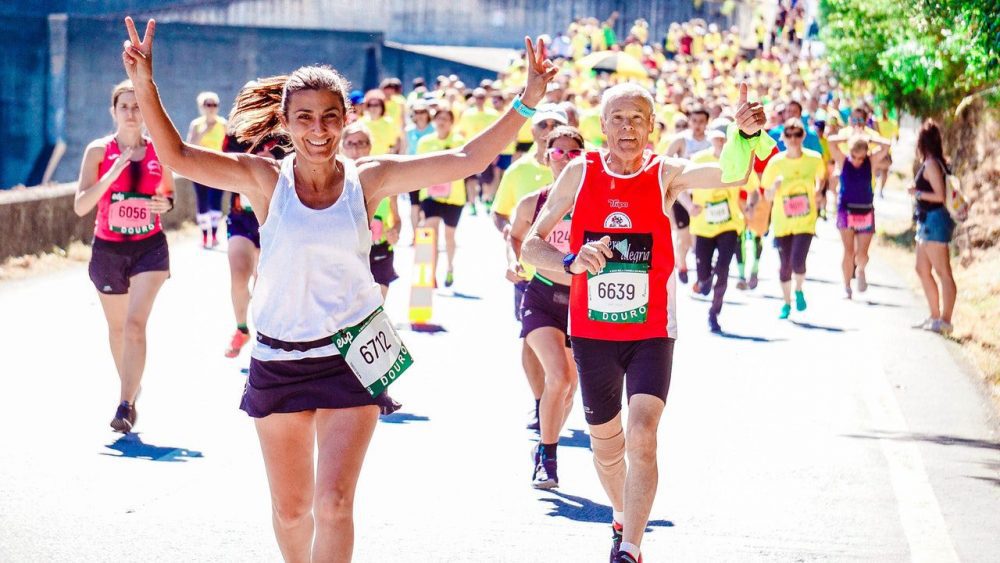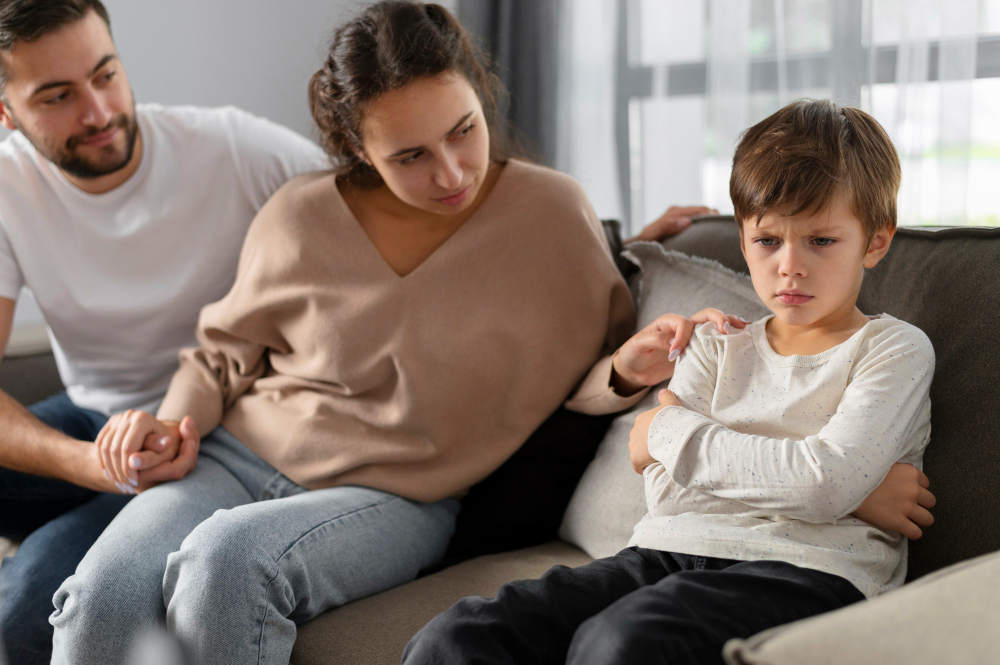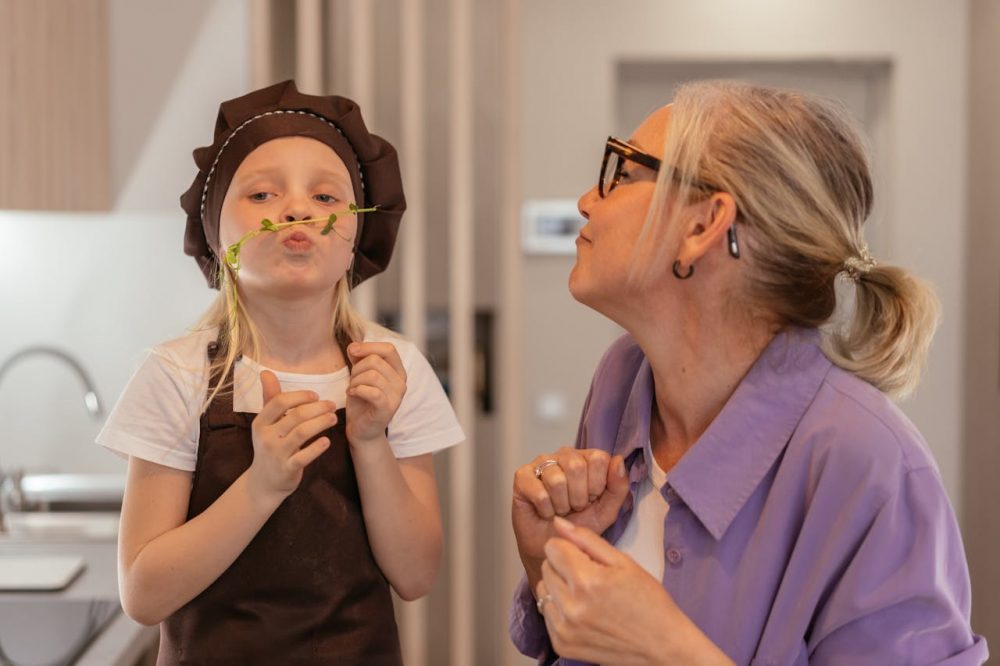Potty training is an important milestone in a child's life, but deciding when to start can be challenging for parents. Some parents may feel pressure to start potty training early, while others may wait too long, leading to frustration and delays. These are some of the signs that indicate it's the right time to start potty training your child.
Physical Readiness
Physical readiness is the first sign that your child may be ready for potty training. This means your child has enough control over their bladder and bowel movements to recognize when to use the toilet.
Typically, this happens between 18 and 24 months, but every child is different. If your child stays dry for extended periods, shows discomfort when their diaper is wet or dirty, or seems interested in using the toilet, they may be physically ready for potty training.
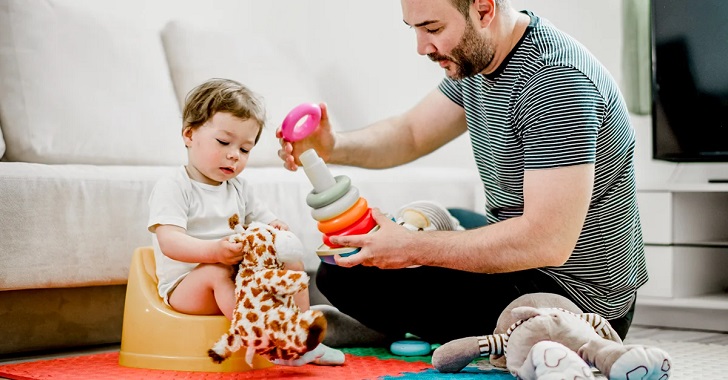
Catherine Crider/ Getty Images | If your child doesn't already obey you well, he's not going to for potty-training
Behavioral Signs
Behavioral signs can also indicate that your child is ready for potty training. These signs include showing an interest in watching others use the toilet, wanting to be changed immediately after a dirty diaper, or becoming fidgety or uncomfortable in a dirty diaper. If your child shows these behavioral signs, it may be an excellent time to start potty training.
Communication Skills
Another essential factor in potty training is your child's communication skills. For potty training to be successful, your child needs to be able to communicate when they need to use the toilet. This includes telling you when they need to go or showing you when they are ready. If your child is beginning to develop language skills or can communicate non-verbally, they may be ready to start potty training.
Willingness to Cooperate
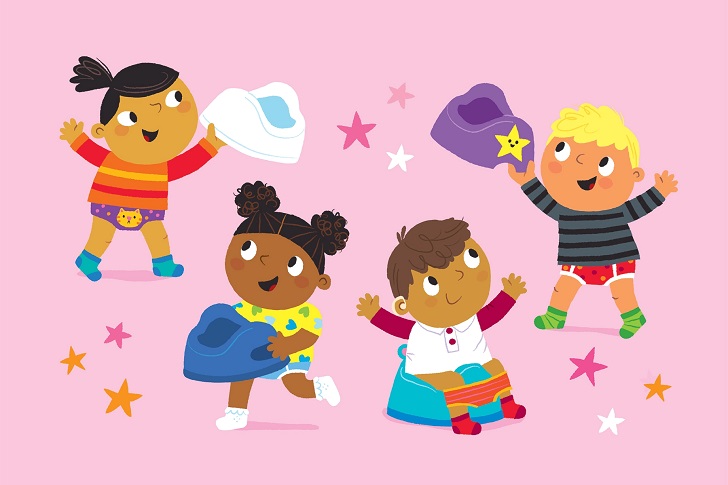
Samantha Meredith/ Penguin | Potty training is a journey, not a destination
For potty training to succeed, your child must be willing to cooperate. This means they need to be willing to sit on the potty and try to use it when needed. If your child is resistant or unwilling to use the potty, it may not be the right time to start potty training.
Other Factors to Consider
In addition to the factors listed above, there are other factors to consider when deciding whether it's the right time to start potty training. These factors include your child's temperament, your family's lifestyle, and your readiness.
For example, if your child is easily frustrated or has difficulty with transitions, it may be best to wait until they are more emotionally ready. Similarly, if your family is going through a significant change, such as moving or adding a new sibling, it may be best to wait until things have settled down.
Tips for Successful Potty Training
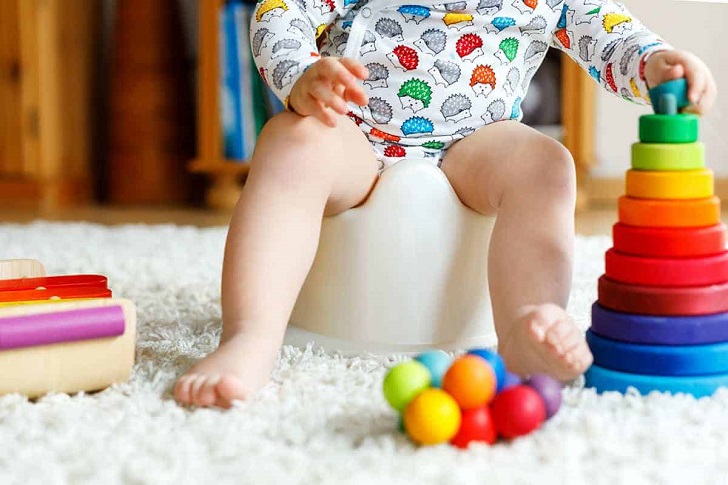
IMAGE/ ISTOCKPHOTO | More than 80 percent of children experience setbacks in toilet training
Once you've determined it's the right time to start potty training, some tips can help make the process successful. First, establish a routine for taking your child to the potty. This helps them understand what is expected of them and makes recognizing when they need to use the toilet easier. Second, be patient and avoid punishing your child for accidents.
Potty training takes time, and accidents are part of the process. Finally, celebrate your child's successes and offer positive reinforcement for using the potty independently.



